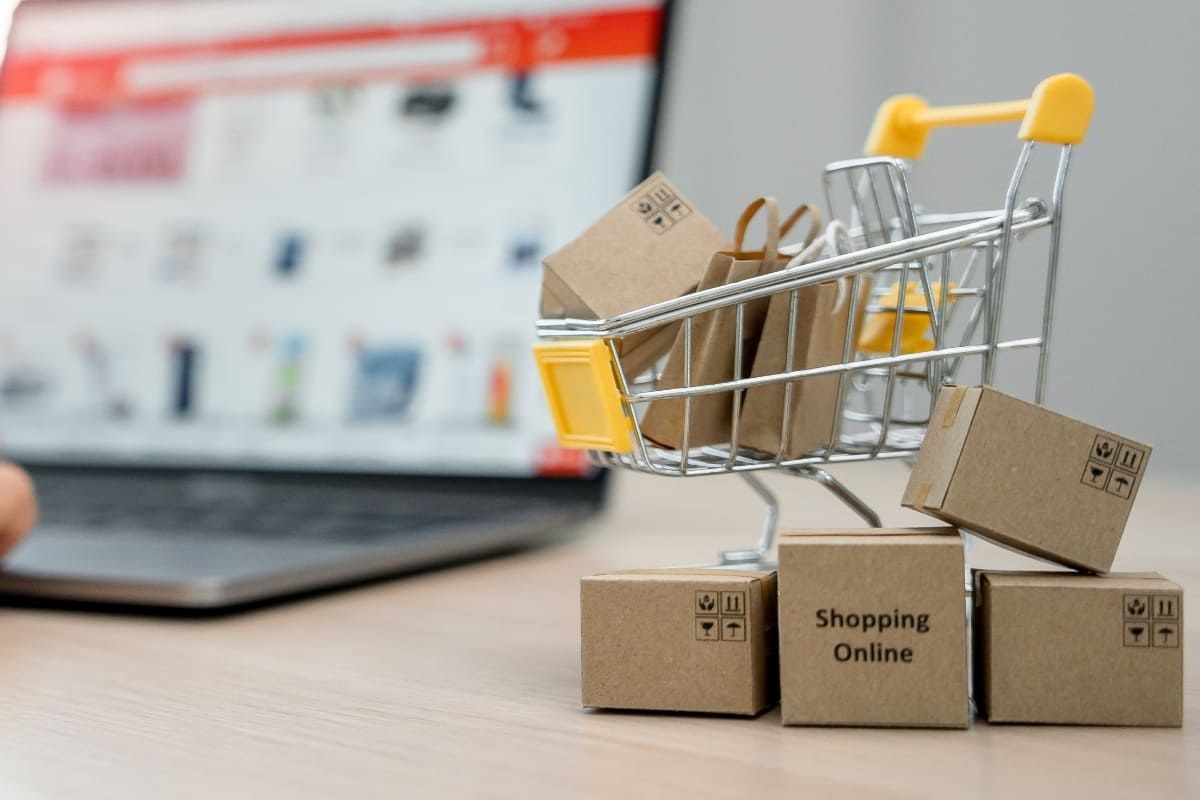10 trending products to sell online
When selecting products to sell online, it’s important to consider various factors such as market demand, profitability, competition, and personal interests. Here are ten product categories that have been popular for online selling:
- Electronics and gadgets: Smartphones, accessories, smart home devices, gaming consoles, etc.
- Health and wellness: Fitness equipment, supplements, natural and organic products, and personal care items.
- Fashion and accessories: Clothing, shoes, jewelry, bags, sunglasses, watches.
- Home and Kitchen: Home decor, kitchen gadgets, organization tools, furniture, and bedding.
- Beauty and skincare: Cosmetics, skincare products, hair care, grooming tools.
- Baby and children’s products: Toys, clothing, nursery items, baby care essentials.
- Pet supplies: Pet food, toys, grooming products, and pet accessories.
- Sports and outdoor: Camping gear, sports equipment, activewear, outdoor accessories.
- DIY and crafts: Art supplies, crafting tools, DIY kits, handmade products.
- Eco-friendly products: Sustainable and eco-friendly alternatives, reusable items, and organic products.
Remember, thorough market research and analysis will help you identify specific products within these categories that have a high demand and relatively low competition. It’s also crucial to consider your target audience and their preferences when selecting products to sell online.
How to sell products online for beginner
- Choose Your Product Niche: Decide on the type of products you want to sell based on your interests, market demand, and competition analysis. Focusing on a specific niche can make it easier to target your audience.
- Market Research: Conduct thorough market research to understand your target audience, their needs, and preferences. Analyze your competitors to identify opportunities and potential gaps in the market.
- Create a Business Plan: Outline your business strategy, including your budget, marketing approach, and revenue goals. Having a well-thought-out plan will keep you focused and help you measure your progress.
- Select an E-commerce Platform: Choose an appropriate e-commerce platform that suits your needs. Popular options include Shopify, WooCommerce (for WordPress users), BigCommerce, and Etsy (for handmade products).
- Source Your Products: Depending on your business model, you can either manufacture your products, work with suppliers, or consider dropshipping, where the supplier ships products directly to customers on your behalf.
- Build Your Online Store: Set up your e-commerce website using your chosen platform. Customize it to reflect your brand identity, ensure it’s user-friendly, and optimize it for mobile devices.
- Product Listings: Create compelling and detailed product listings with high-quality images, clear product descriptions, and important information such as pricing, shipping details, and product variants.
- Secure Payment Gateways: Choose reliable and secure payment gateways to handle transactions on your website. Popular options include PayPal, Stripe, and Square.
- Shipping and Fulfillment: Decide on your shipping strategy, including the carriers you’ll use and shipping rates. If you’re handling fulfillment, ensure you have a smooth process in place.
- Marketing and Promotion: Develop a marketing plan to attract customers to your online store. Utilize social media, content marketing, email marketing, and possibly influencer collaborations to reach your target audience.
- Customer Service: Offer excellent customer service to build trust and loyalty with your customers. Respond promptly to inquiries, address concerns, and consider implementing a hassle-free return policy.
- Analytics and Optimization: Use tools like Google Analytics to track website traffic and customer behavior. Analyze the data to make data-driven decisions and continuously optimize your online store.
- Compliance and Legalities: Familiarize yourself with local regulations related to online selling, taxes, and data protection. Ensure your online store is compliant with these requirements.
- Start Selling: Once your online store is set up, your products are listed, and you’ve handled the necessary legalities, start promoting and selling your products to your target audience.
Remember that building an online business takes time and effort, so be patient and persistent. Continuous learning and adaptation based on customer feedback will be key to your success. Good luck!
อ่านบทความทั้งหมด >>> Accounting Office
Accounting service Tel.084-343-8968 (POND)



